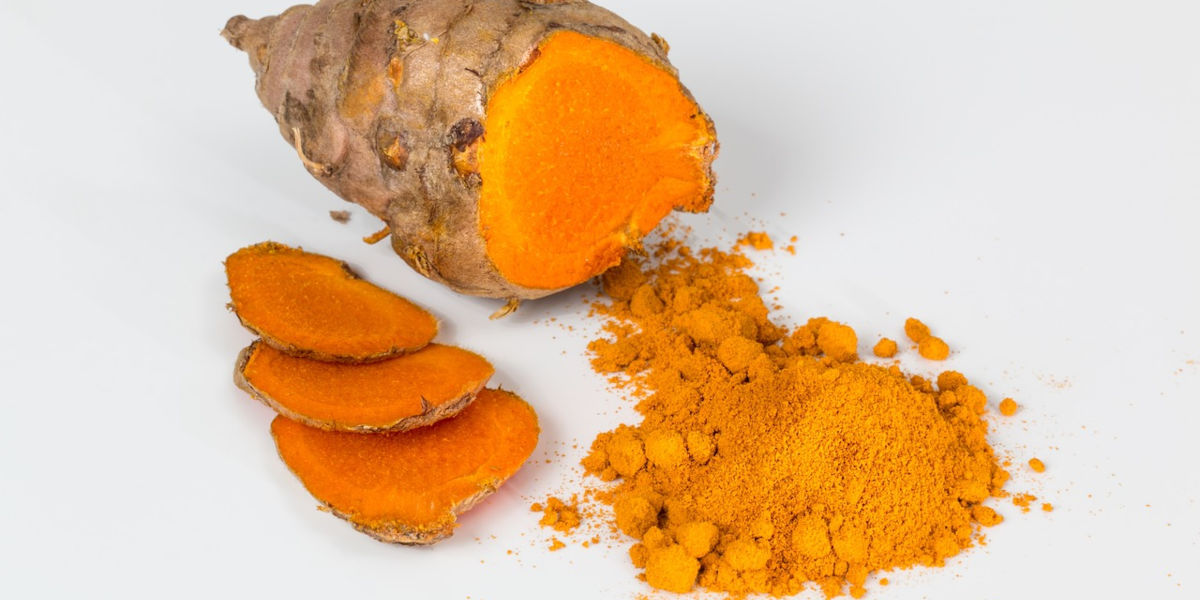One of the most commonly asked questions in the world of health and nutrition today revolves around turmeric vs curcumin supplements. These two natural substances have come into the spotlight due to their purported health benefits - they are believed to possess strong anti-inflammatory properties, and have been associated with improving symptoms of depression, arthritis, heart diseases, cancer among others. But what's the difference between the two? A better understanding can ultimately guide you to decide on the right supplement for your specific needs.
Understanding Turmeric and Curcumin
Before we delve into the comparison of turmeric vs curcumin supplements, it's crucial to comprehend what each of these substances are. Turmeric is a spice, known scientifically as Curcuma longa. It has been used extensively in traditional Asian medicine due to its therapeutic potential. On the other hand, curcumin is a naturally occurring chemical compound found within turmeric. Most of turmeric’s alleged health benefits come from curcumin.
When it comes to turmeric and curcumin benefits, the list seems to be never-ending. Their potent anti-inflammatory and antioxidant properties can play a fundamental role in the prevention and treatment of various illnesses. They have potential benefits for mental health as well, demonstrating promising results in treating symptoms of anxiety and depression. Additionally, the substances might assist in the management of exercise-induced inflammation and muscle soreness, enhancing recovery and performance in active people. It's critical to note, however, that more research is needed to fully understand the extent of their health benefits.
Turmeric VS Curcumin Supplements: Dealing with the Difference
Now, let's address the main subject – turmeric vs curcumin supplements. Essentially, when you consume turmeric, only a small percentage of that is curcumin (about 3% by weight). Most turmeric supplements you find on the market try to include as much curcumin as possible because it's the curcuminoid that offers the main health benefits. On the flip side, pure curcumin supplements give you a more concentrated form of the beneficial compound, but it can be harder for your body to absorb.
How Much Turmeric to Take Daily: Determining The Right Dosage
As with any supplement, how much turmeric to take daily depends on a variety of factors such as age, health status, and the nature of the health issue you're addressing. For general health and wellness, a common recommendation for turmeric is 500 to 2000 mg per day. This can be as a spice included in meals, as a tea, or in supplement form. In terms of curcumin supplements, recommendations generally start at around 500mg taken once or twice daily, and can go up to 2000mg depending on the specific circumstances. Always consult with a healthcare professional before adding any new dietary supplement to your regimen.
The essential difference between turmeric and curcumin is that turmeric is a plant, while curcumin is a chemical compound found within turmeric. Turmeric, known scientifically as Curcuma longa, is a flowering plant in the ginger family widely used as a spice in cooking, especially in Asian cuisine. Notably, it's the main spice in curry, giving it its distinct yellow color. Curcumin, on the other hand, is a bright yellow chemical produced by turmeric plants, known for its potent anti-inflammatory and antioxidant effects.
Understanding the difference is crucial when considering supplementation choices. Turmeric supplements will contain a mixture of compounds from the plant, not just curcumin. These may include other beneficial substances like volatile oils. On the other hand, taking curcumin supplements allows you to focus specifically on the benefits of this potent compound.
Choosing Between Turmeric and Curcumin
Both turmeric and curcumin have a plethora of health benefits, but depending on your specific health goals, one may be more suitable than the other. For instance, for general health benefits, the broader range of compounds in turmeric might be more beneficial. However, if you are looking for powerful anti-inflammatory and antioxidant effects, curcumin is a better choice.
Appropriate Dosage
The dosage of turmeric or curcumin may vary based on several factors, including the reason for use, the user's health status, and the specific product that you are using. As per the University of Maryland Medical Center, the following could serve as a guide:
- Turmeric - 1.5 to 3 grams per day
- Curcumin - 500 to 2,000 milligrams per day
Note that curcumin is only about 3% of turmeric, so a respective dose of curcumin supplement may be needed if you choose to use turmeric instead. It is recommended to seek medical advice before starting any supplemental regimen.
Absorption of Curcumin
One important point to note is that curcumin's absorption is rather poor. Most of it is metabolized before it can be absorbed. However, consuming it with piperine, a natural substance found in black pepper, can enhance curcumin absorption by up to 2000%. Therefore, it may be beneficial to pair your curcumin supplement with piperine or choose a supplement that already includes it.
In conclusion, both turmeric and curcumin have varied health benefits. The choice between the two should be based on your health needs and under the guidance of a healthcare professional.




